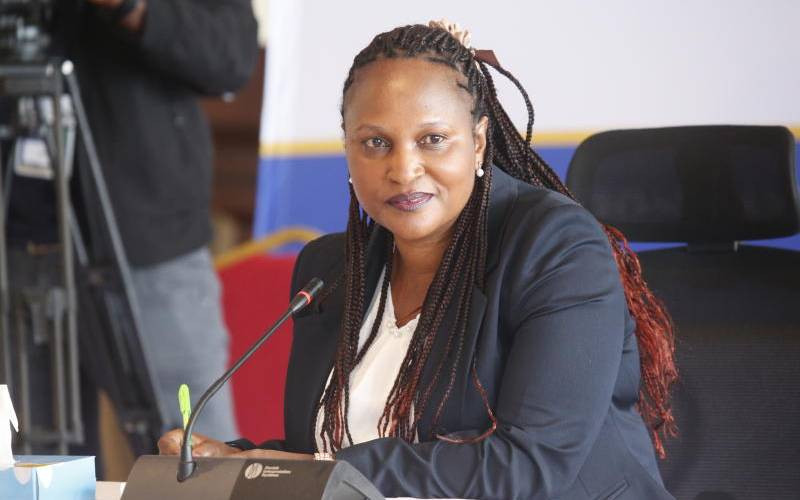The political landscape in Kenya saw a surge in new political party registrations in March 2025 alone, signaling a growing competition ahead of the 2027 General Election.
With seven new parties receiving provisional registration and five more in the process, the influx is raising eyebrows, especially considering the billions of shillings from the Exchequer tied to these political entities.
The latest registrations could be a strategic move to secure resources and positions within coalitions, as many aspiring politicians look to ensure their place in the race.
The Office of the Registrar of Political Parties (ORPP) confirmed the registration of seven new political parties, including the People's Forum for Rebuilding Democracy (PFRD), Imarisha Uchumi Party (IUP), African Development Congress (ADC), and Kenya Ahadi Party (KAP).
Others are the National Economic Development Party (NEDP), the Forum for Economic Development Agenda (FEDA), and the Kenya United Generation Party (KUG).
These parties have already listed their founding members, many of whom are relatively unknown in the political scene, signaling a new wave of players vying for attention.
In addition, the Registrar has issued a seven-day notice for five more parties, including the United Patriotic Movement (UPM), Party for Democratic Reforms (PDR), Alliance for Democratic Association (ADA), The Inclusive Party (TIPTIP), and Conservation of Democracy in Kenya (COD-K).
Founder members of these groups range from familiar faces to new entrants, further complicating the political race as the country inches closer to the 2027 elections.
What is fueling this rapid growth in political parties?
Experts suggest that a desire to access taxpayer funds, linked to political party registration, is a major motivator.
The Political Parties Act has reshaped the funding landscape, with a new formula distributing funds based on votes, special interest group representation, and elected candidates, meaning that even parties that lose at the polls could stand to benefit financially.
This has turned running a political party into a lucrative venture, making it an attractive option for those looking to secure their share of the public funds.
Furthermore, many of these newly formed parties are expected to play a key role in coalition formation, especially as influential political figures such as former Deputy President Rigathi Gachagua, seek to create their platforms after falling out with President William Ruto.
This shift in political dynamics is fueling even more competition and instability in the race for leadership positions, leading some to fear that political parties may be sold and bought in the run-up to the 2027 General Election.
The rush for new political parties also highlights the ever-present threat of political factionalism.
There have been several instances where politicians, after falling out with their parties, have found themselves without a platform, a situation that has driven many to establish their own parties as a safety net.
As the country prepares for another election cycle, the pressure to secure a viable political platform continues to mount.
Kenya currently boasts 90 fully registered political parties, with 48 of them actively participating in the 2022 elections.
The proliferation of new parties reflects the intense desire for power, control, and the financial rewards that come with holding political office.
As Kenya moves closer to the 2027 elections, the battle for political dominance is set to intensify.
